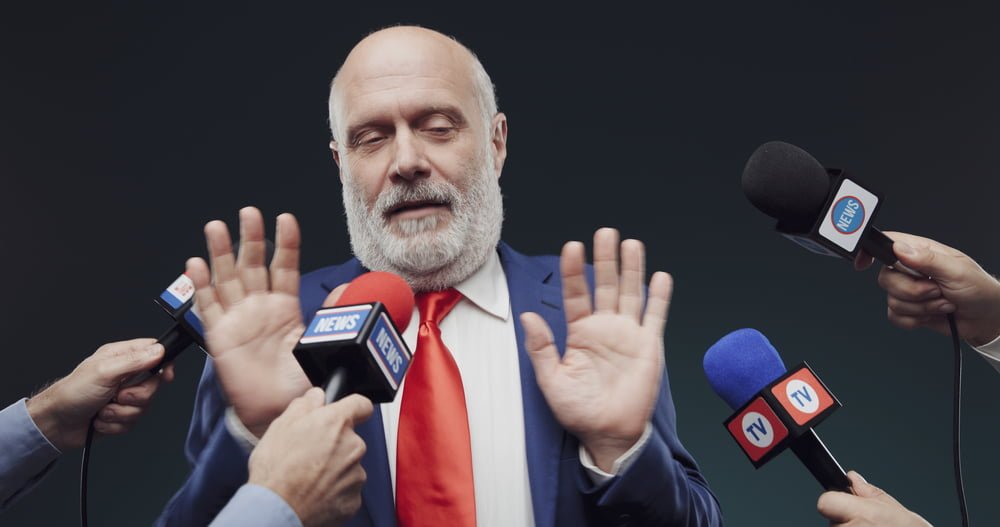
How do you handle a media question you don’t want to answer?
How do you handle a media question you don't want to answer? Today we're going to discuss how to answer difficult questions from the media. This is probably the number one question that is Googled by people who've just put the phone down after speaking to a journalist and agreeing to appear on-air.
"Oh no. I'm gonna be on TV. Quick, how do I avoid saying the wrong thing?"
Why do you want to avoid a media question?
Before we get into how to waste everyone's time by just avoiding answering questions on air let's look at your motivation for being here.
Yes, appearing in the media can be daunting.
Nerve-wracking even. But let's not lose sight of why you've been invited to speak on the media. It's because you have something useful or helpful to say. Yes?
You're starting point going into a media interview shouldn't be "How can I dodge questions."
So if you're not a politician and if you're not here to apologise for some terrible cock up then it's extremely unlikely that you are going to need to deploy question avoidance tactics.
To put this in context the vast majority of media interviews aren't a point-scoring exercise, they're an exchange of ideas.
Here at Marvellous Media Training UK, we encourage our clients to be helpful and share their expertise and their thought leadership.
You're starting point going into a media interview shouldn't be "How can I dodge questions."
It should be, "How can I help, clarify and add context to a story."
In short, you will hardly ever need to avoid a question. But let's face it. It's fun to practice!
OK, rant over, let's get into avoiding questions.
More media training guides and podcasts

Is it ok to ignore a journalist?

Building your personal brand so journalists find you first

Media interview quick-start guide
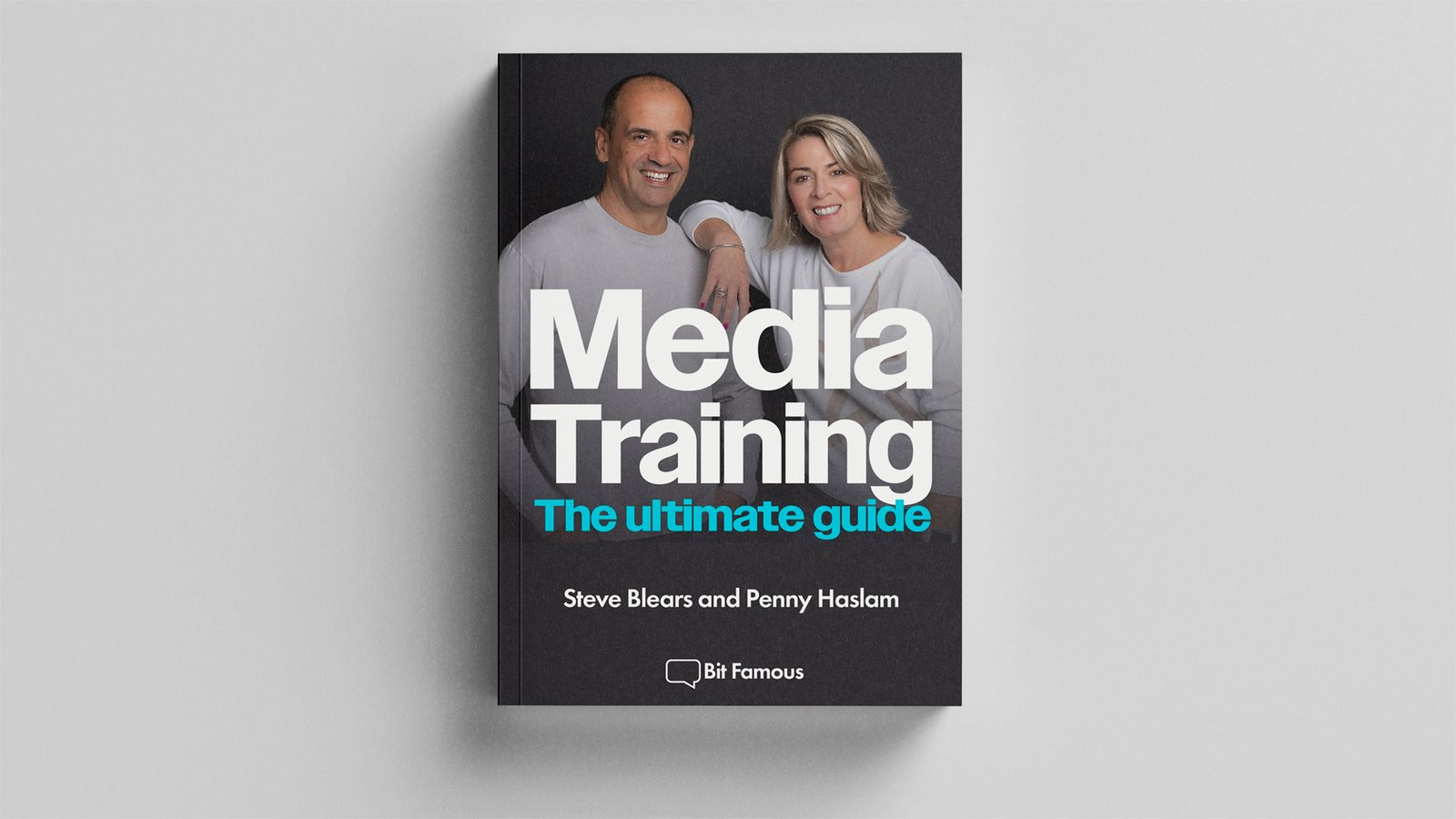
Media training book
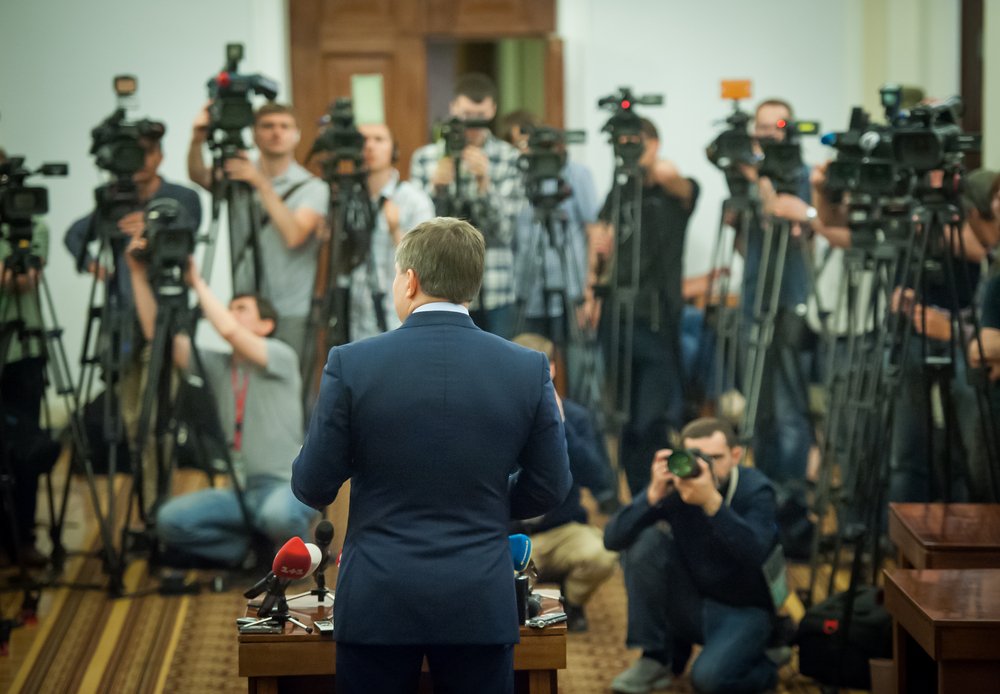
How to hold a press conference
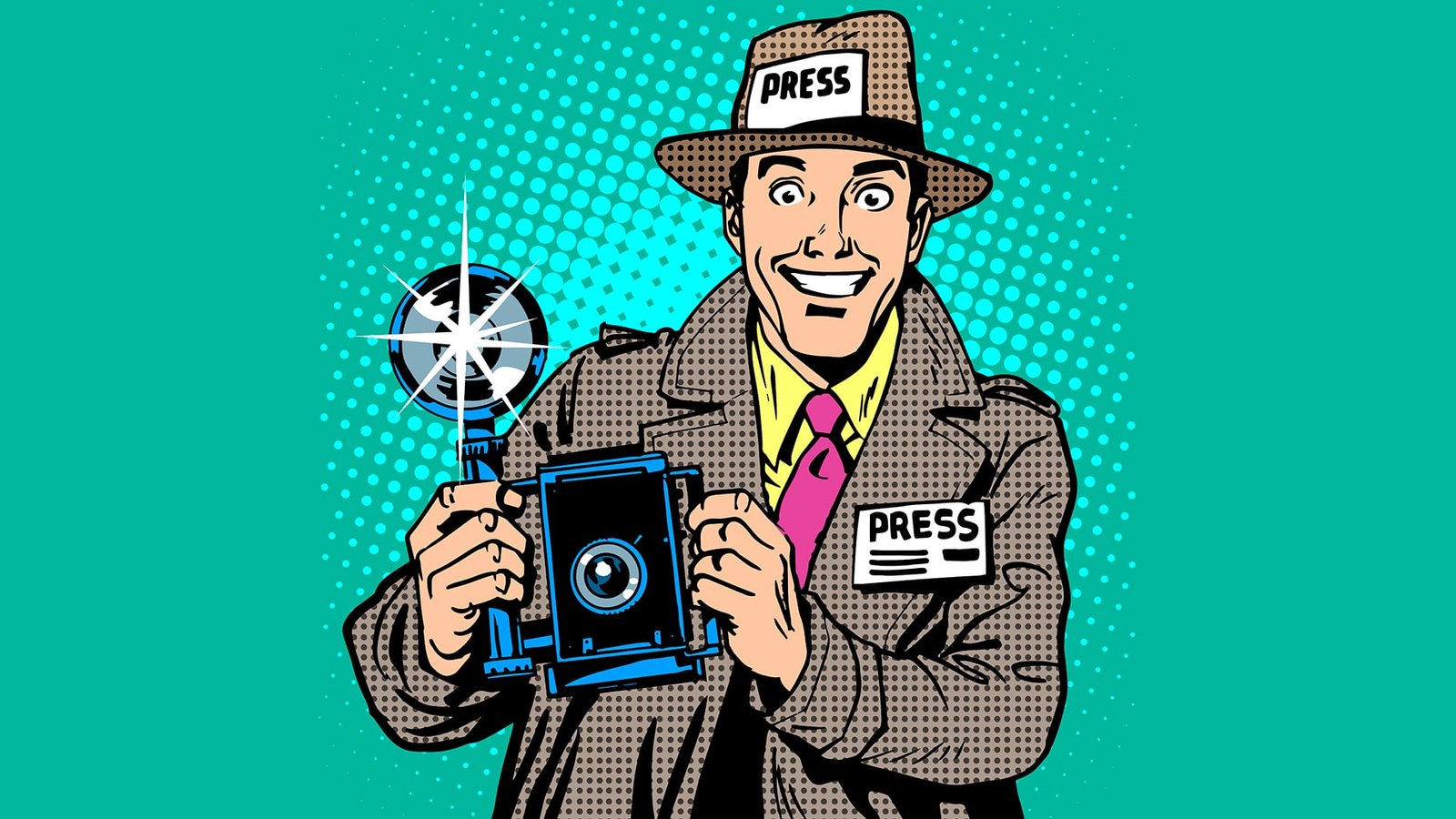
Time for a media training refresher?
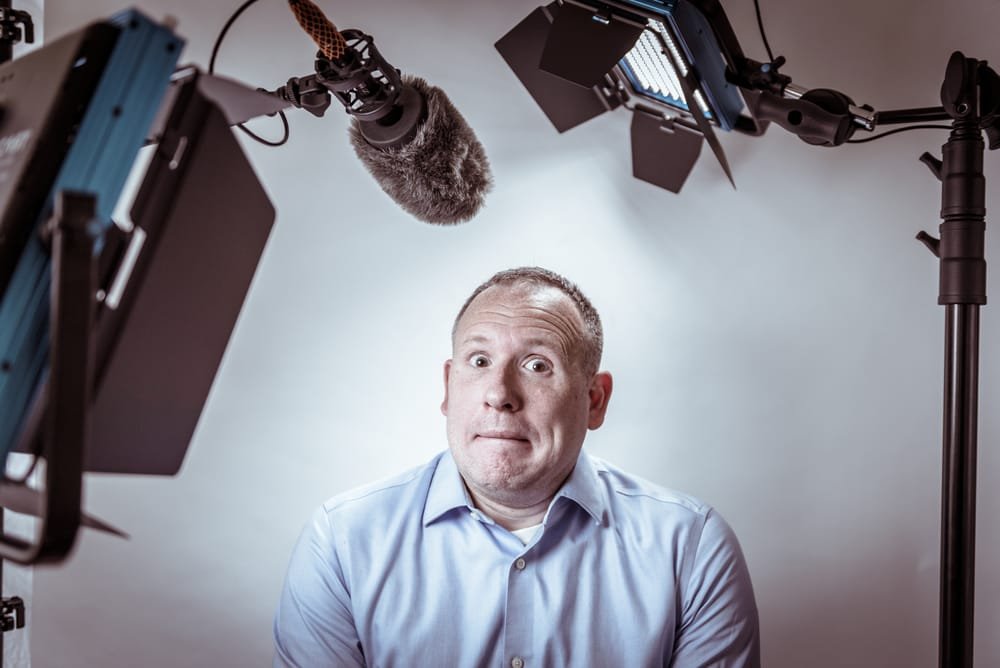
How to get your boss on board with media appearances

Is it okay to say “I don’t know” in a media interview?
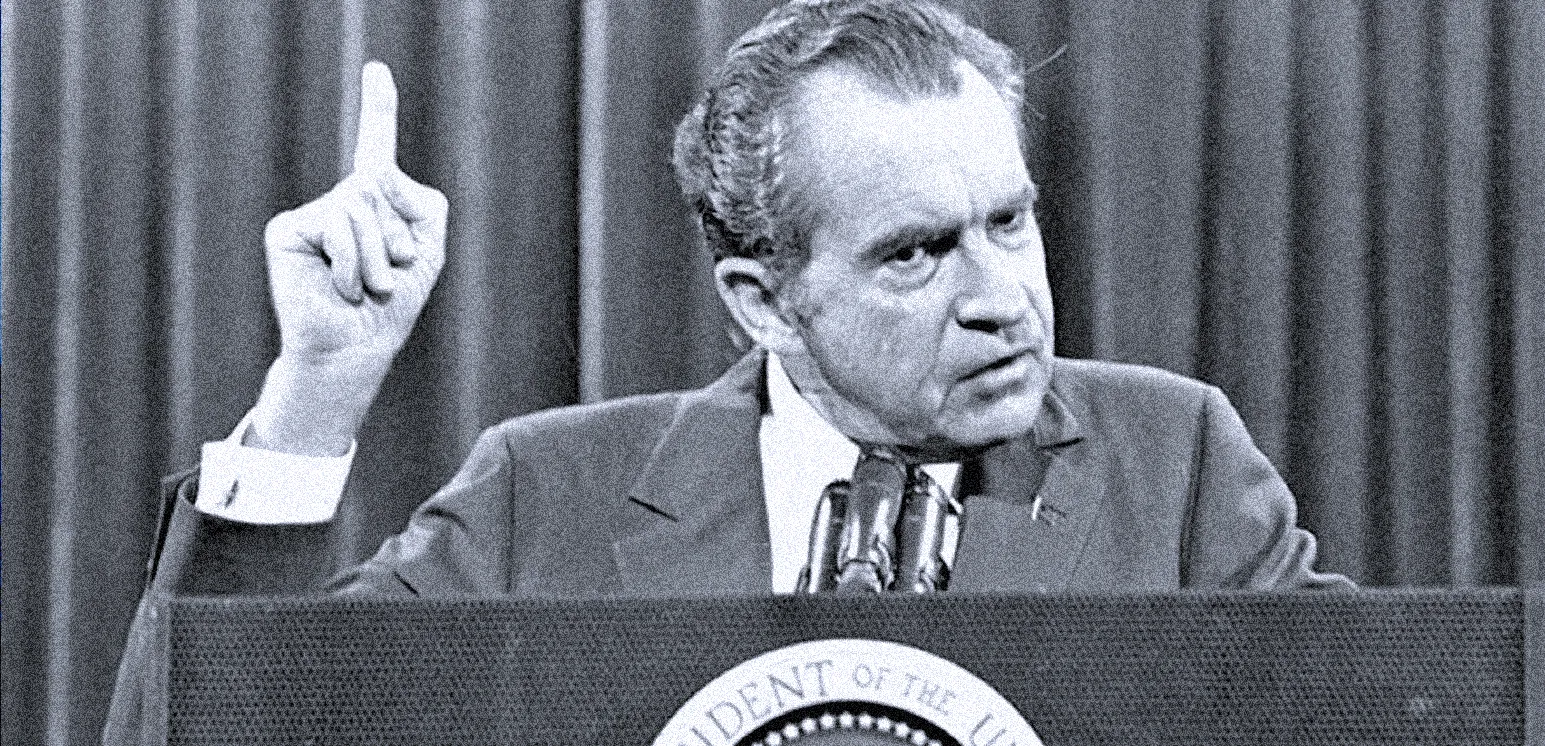
Why should you avoid repeating negative questions in media interviews?

How to look and sound relaxed in a media interview, performance tips
The No.1 way to handle a media question you don't want to answer is by acknowledging and bridging
The number one way to avoid journalist questions is called acknowledging and bridging. There are other titles for this but let's stick with acknowledging and bridging.
If you switch on the news you will hear politicians do this all the time, they just can't help themselves!
Basically, you acknowledge the question. "Yes, I hear what you are saying."
But then without answering that question bridge onto your own point. "Yes, I hear what you are saying but I think the key point here is XYZ."
Politicians do this all the time, and frankly, they are mostly lousy at it. Quite often they won't even acknowledge the question they'll just launch into what they want to say.
Here are some examples of acknowledging and bridging:
- "I understand why that's a concern, but let's look at the bigger picture."
- Yes, we have faced some challenges there, but what's truly exciting is."
- That's one way to look at it, and it's important. But it's also helpful to consider."
Now, this technique is useful. But before you start practicing it there are some key things to consider:
Before not answering a media question there are some key points to consider
- Firstly. Do you actually need to avoid the question? If you can just answer the question then just do it. Wouldn't that be refreshing on TV, people just answering the question?
- Secondly. Before using this technique remember, journalists aren't stupid. They interview people for a living and they don't like people bridging away from the answer. When people did this to me, I didn't like it either. If you continue to avoid what Journalists believe are quite reasonable questions the gloves will be off. Prepare for the rest of your interview to be challenging and tough.
- And Thirdly. The audience hates it, they don't like this type of question swerving. It's shifty and inauthentic.
Ok, That's acknowledging and bridging. It's got its place.
How do you handle a media question if you just don't know the answer, or for whatever reason can't answer it?
You can just admit you don't know or don't have the information they need. Sometimes it's best to be honest about it.
Say something like, "I don’t have that information at the moment, but I can find out and get back to you." Or "I don't have the details on that right now, but it's something I can look into."
It might be that you're not allowed to answer, so explain yourself, "I'm sorry, I can't discuss that because of a confidentiality agreement." Or a legal agreement maybe.
I will say, no one is going to be happy with this sort of answer. Especially if that's all you have to say. Rather than appearing on air, you might be better off just issuing a written statement.
Can't or don't want to answer a media question? Be honest about it
What I would say is it's important to be honest here.
If you really don't know then fine but don't make stuff up, don't pretend to not know. It's a surefire way to get caught out, if not now but further down the line.
Handling a media question you don't want to answer - An introduction to the idea of Framing
On a more positive note, let's take a look at a more positive way to steer a media conversation in your favour.
Let's look at a technique called framing.
Now this is not the back of an envelope stuff you might plan 5 minutes before you appear on air.
Framing is a way to shift the narrative around a topic and is especially useful if your organisation plays a role in social or political issues.
What's great about this technique is it's not question avoidance per se, but it can take the conversation in new directions.
An example of Framing to handle a media question you don't want to answer
The Joseph Rowntree Foundation or JRF is a former client. They are a social change organisation working to tackle poverty in the UK
They had a problem. Whenever they appeared in the media to talk about poverty, some journalists would argue:
"Do we really have poverty in the UK?"
"How come even the poorest people have 50-inch TVs and can afford to buy cigarettes?"
They'd be challenged on the metrics of what qualifies as being poor.
JRF needed to reframe the conversation away from ideas that journalists put forward claiming:
"Homeless and poor people are lazy." Or,
"Why don't the unemployed just get a job."
They did a lot of work on how to talk about poverty
with an organisation called the Frameworks Institute.
And you can find it online:
https://www.jrf.org.uk/report/framing-toolkit-talking-about-poverty
Or Google JRF Framing Toolkit.
It's a framing toolkit to talk about poverty. So, when challenged on whether poverty exists. They would answer,
"Rising living costs and unstable work is sweeping ordinary people into poverty, holding people down and stopping many from choosing their own path."
Or when challenged about poor people having wide-screen TV they would argue,
"I'm sure most people agree it is simply not right that we live in a society where so many are locked in poverty."
It's powerful stuff. You can find out more by taking a look at the frameworks institute in the UK.
So those are just some of my tips on question avoidance.
- You can bridge away from them
- You can admit you don't have the answer
- Or you can reframe them
Good luck with your media interview, If you need help with media training get in touch. Just Google Marvellous Media Training UK.
Thanks for listening.

Is it ok to ignore a journalist?

Building your personal brand so journalists find you first

Media interview quick-start guide

Media training book

How to hold a press conference

Time for a media training refresher?

How to get your boss on board with media appearances

Is it okay to say “I don’t know” in a media interview?

Why should you avoid repeating negative questions in media interviews?

How to look and sound relaxed in a media interview, performance tips

Mastering profile interviews in the media

Media appearances, the unwritten rules

Public apologies, how to say sorry in the media and mean it

Why off-the-record journalism is riskier than you think
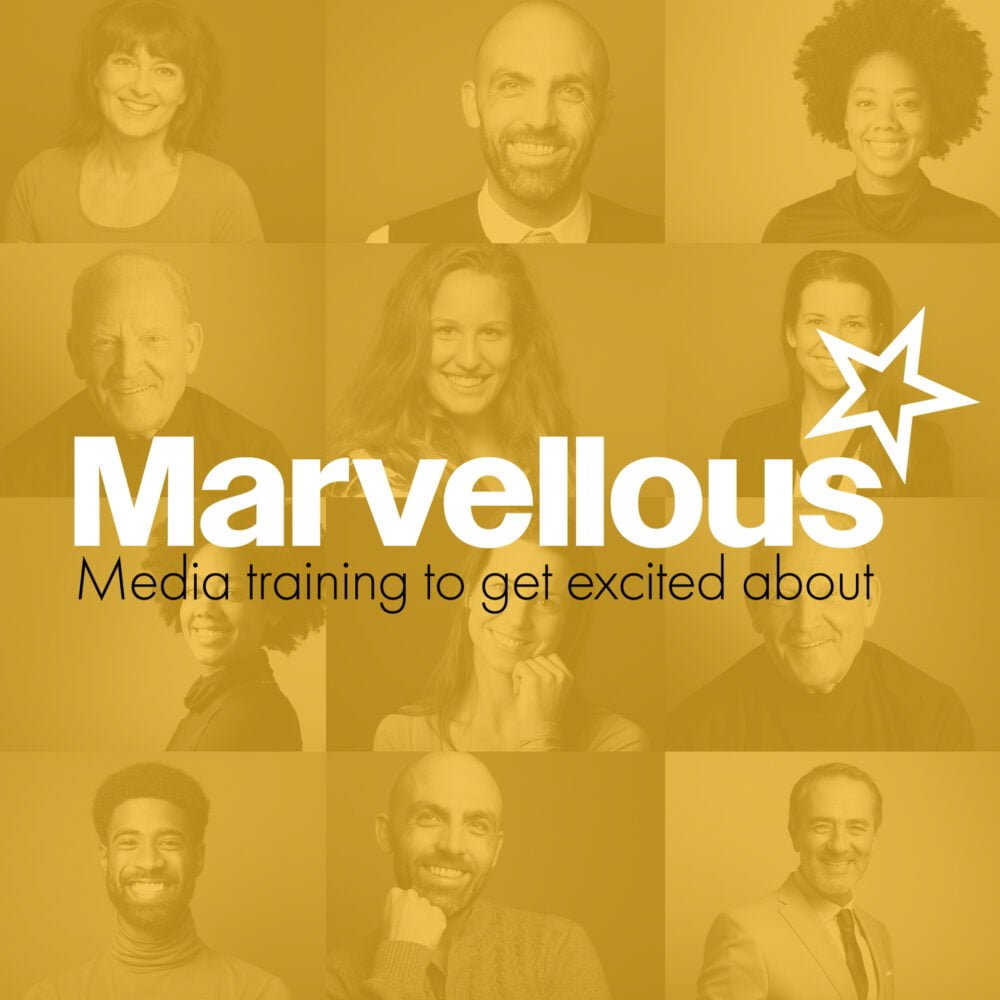
What are key messages in the media?

Give your leader feedback after a media interview

Why avoid corporate speak and office jargon in media interviews?
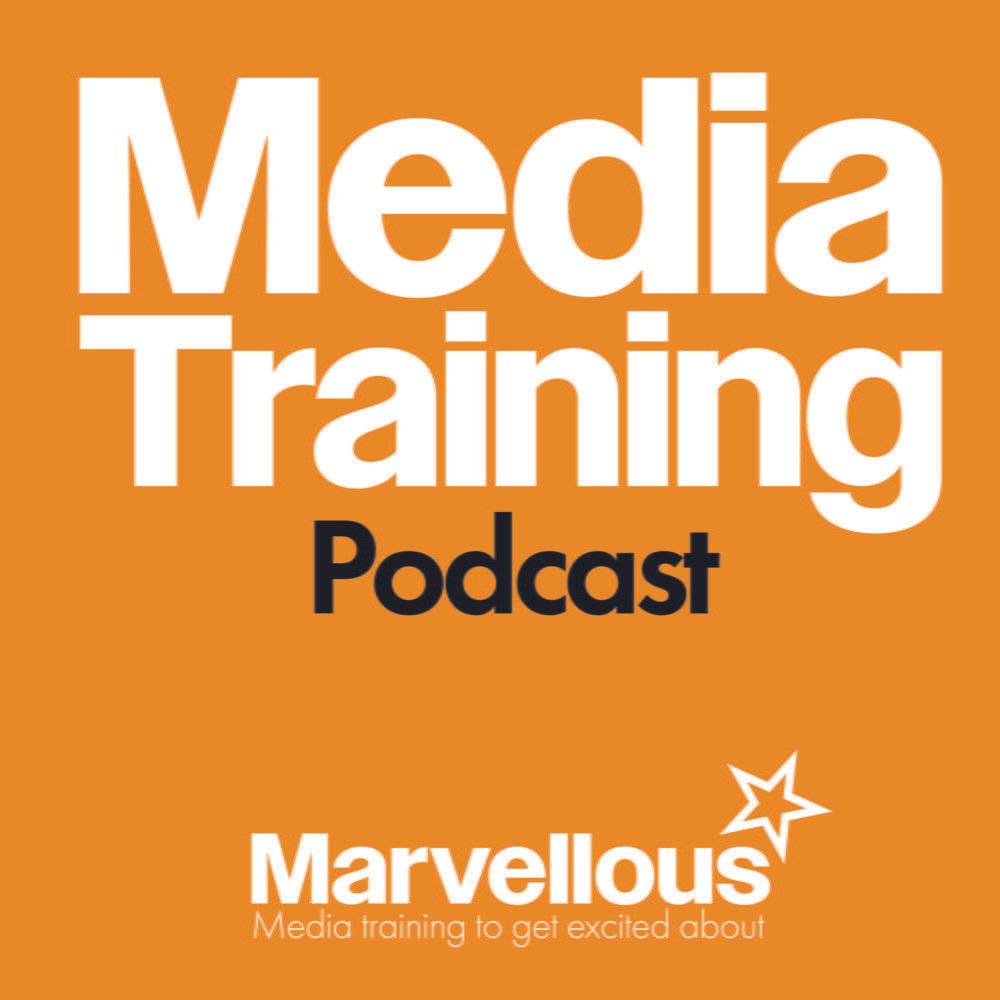
Media interview preparation checklist

How to create a founders’ origin story

How to answer hostile or negative questions from a journalist

How to be authentic in a media interview

Crisis Management: How to write a holding statement
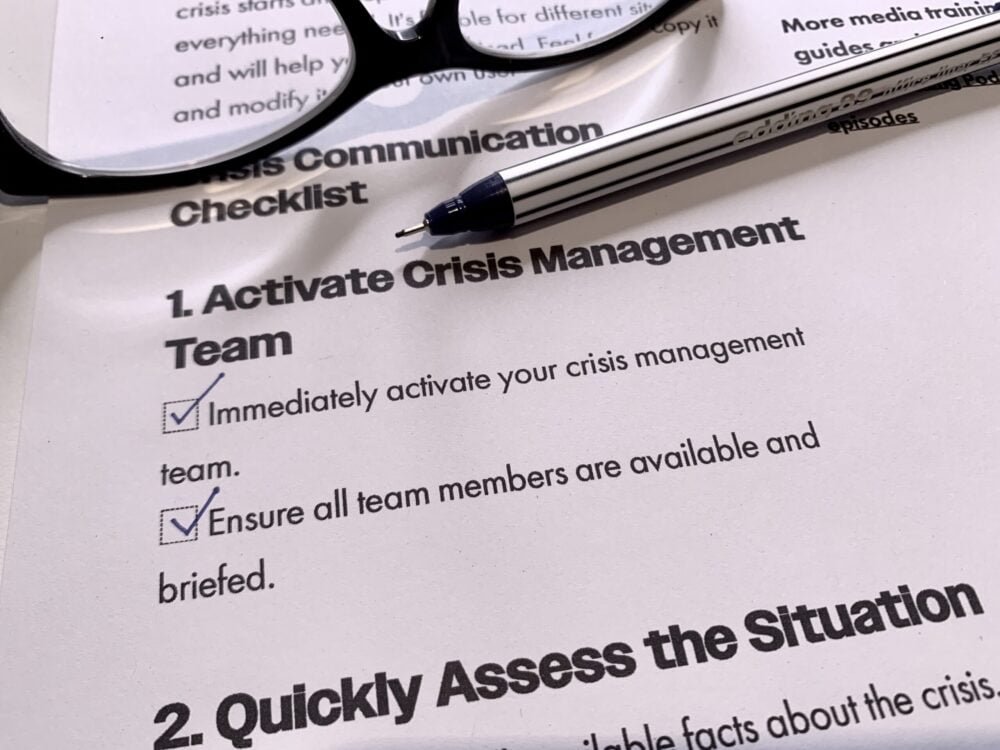
Crisis communications checklist

How to create a successful media soundbite
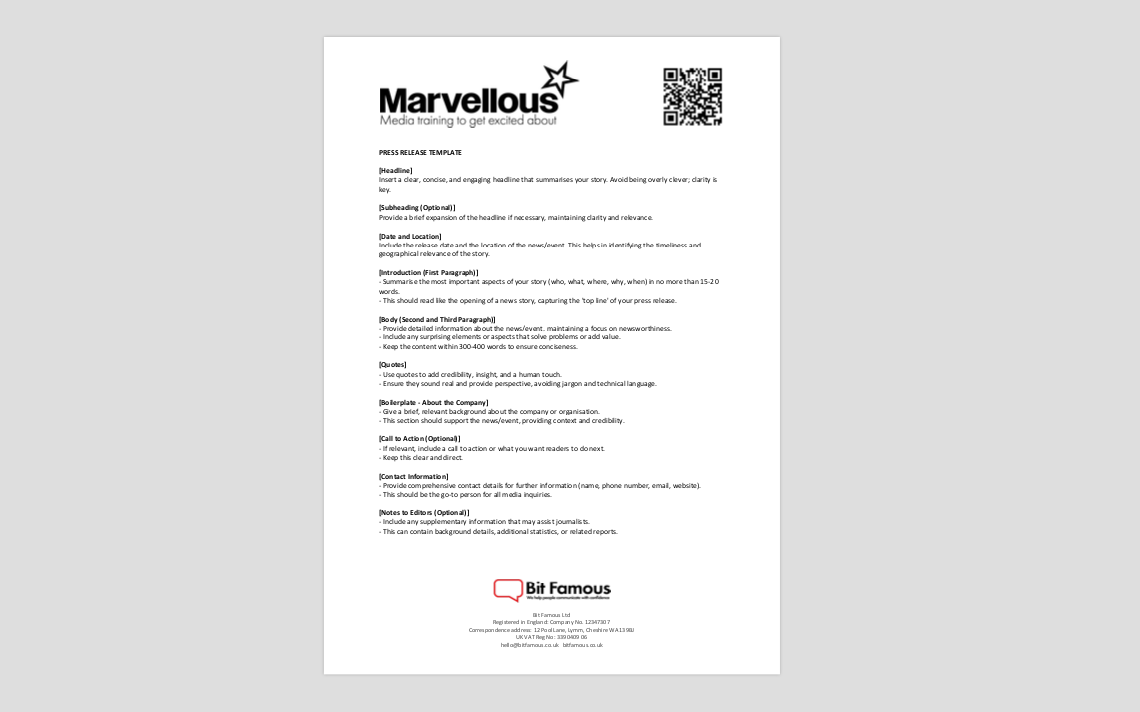
Free press release template (Word)

How do you handle a media question you don’t want to answer?
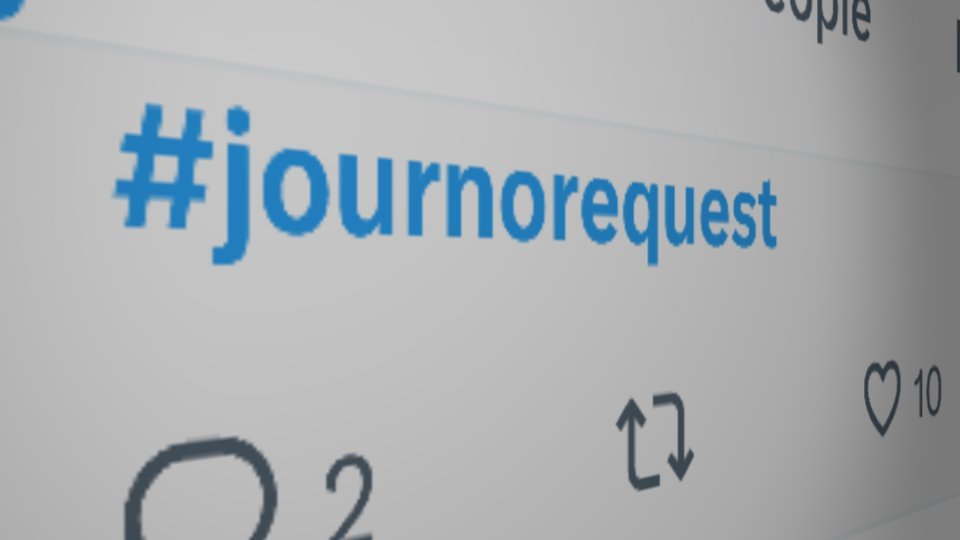
How to use #JournoRequest to get media attention for my business

How do I prepare for a TV interview online using Zoom, Teams or Skype?

How to appear on a business podcast

How to handle a difficult media interview
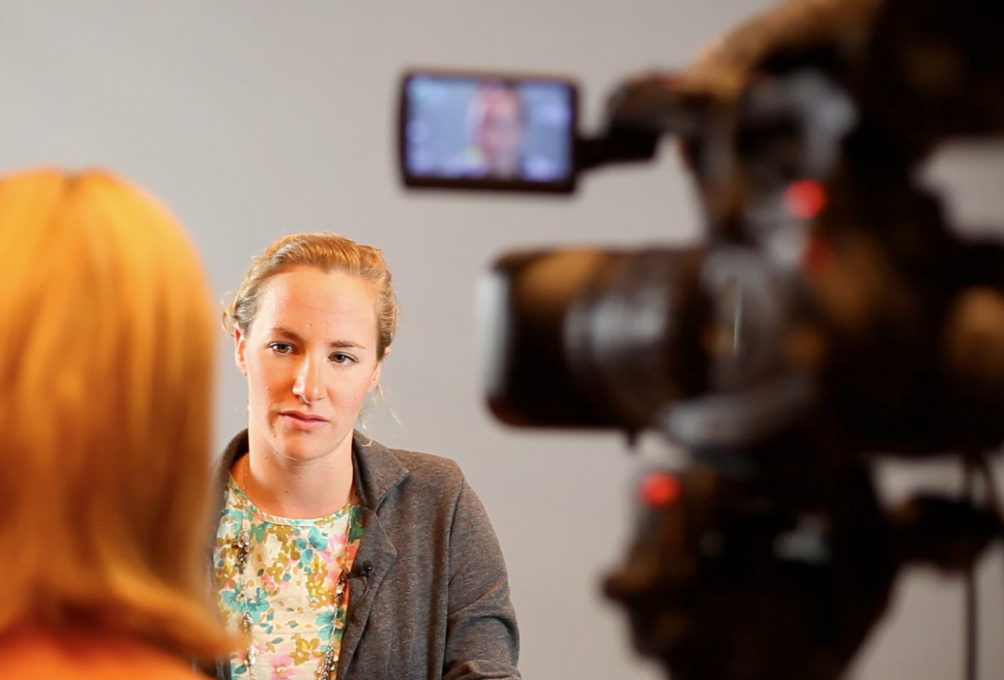
How to get featured in the media


